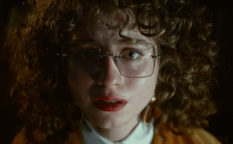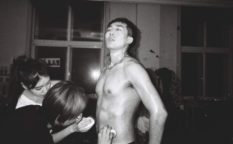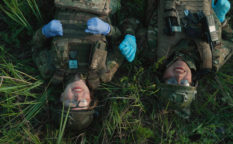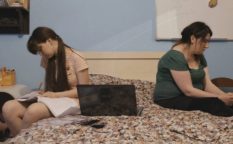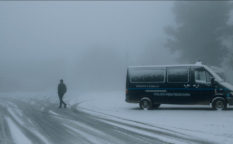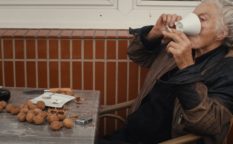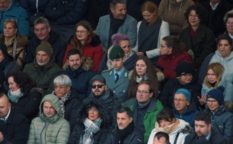Review: The Hole’s Journey (2021)
IFFR Ammodo Tiger Short Competition
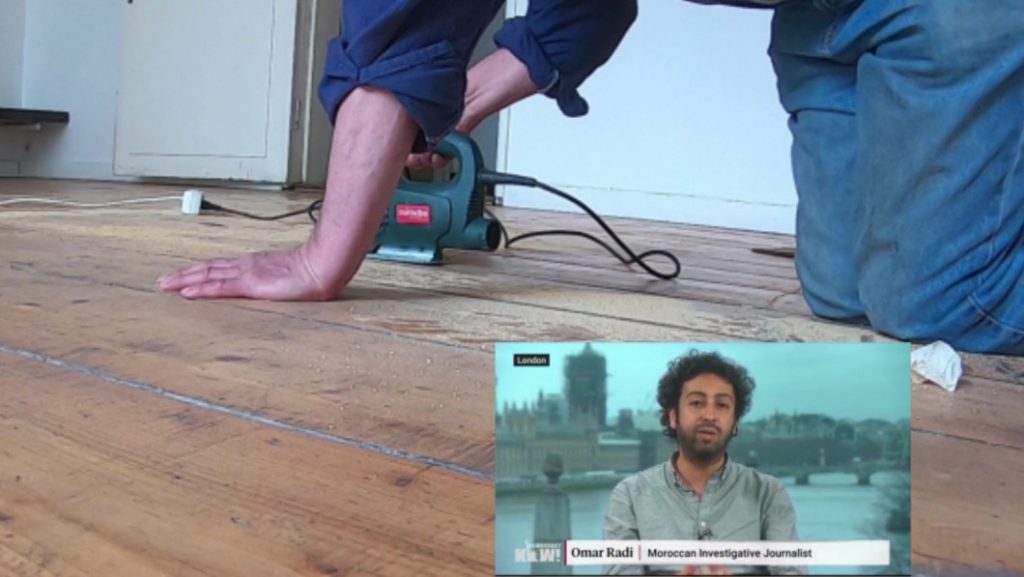
A simple and smart piece of artistic activism, cleverly envisioned to mask its political commentary with benign intentions and absurdity gets stranded by different circumstances, personal and political, local, international and global. Because of that, simple documentation of a project becomes a piece of political satire in Ghita Skali’s short one-woman film The Hole’s Journey that premiered at IFFR’s Ammodo Tiger Short Competition.
Ghita Skali is an artist and an activist born in Morocco, but based in Amsterdam. Her project called The Authority Hole revolved around the used-up wooden floor boards with the visible traces of the director’s chair, and driving over them at an exhibition space in The Netherlands she works for. She wanted to send them to the village of Ouled Sbita in her native country as the sign of support for its inhabitants resisting the devastating new laws that are about to ban the communal ownership over land. The idea was that her friend, the journalist-activist Omar takes them over in Morocco.
First of the troubles starts with Omar ending up in jail because of a single tweet in which he condemns the local judge. Then Ghita gets ill with a benign tumour which still prevented her from work. Then the pandemic emerges. Then Omar gets jailed again… Not to mention that the authorities in the institution have not been pleased with Skali’s project from the beginning. Can the boards, the pieces of “rotten European wood” that probably originated somewhere in the exploited so-called Third World, find their new use and new home once the carpenter named Frank pulls them out?
As it was the case with the project, Ghita Skali did everything herself for The Hole’s Journey. She wrote, directed and narrated it, she filmed it and she chose the music in Arabic of different genres, but usually pop-folk, as commentary of the events described in the film. However, her greatest asset is the playful editing, her proneness to insert a picture inside the picture, for instance, the international news report about Omar while we follow Frank at work of deconstructing the floor, so we could follow the story on different “frontlines” and her masterful ability to weave the threads from her personal life, her work, the local and national politics in Morocco and the global events in a compelling true story stronger and stranger than fiction.
Runtime: 16’ 12’’
Country: The Netherlands
Languages: Arabic, English, French
Directed by: Ghita Skali
Written by: Ghita Skali
Cinematography by: Ghita Skali
Editing by: Ghita Skali
Produced by: Ghita Skali









